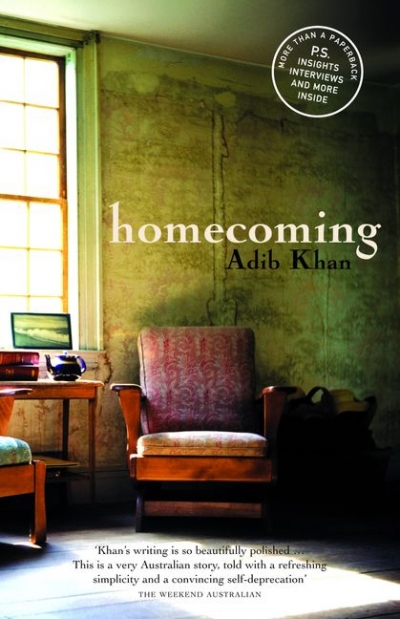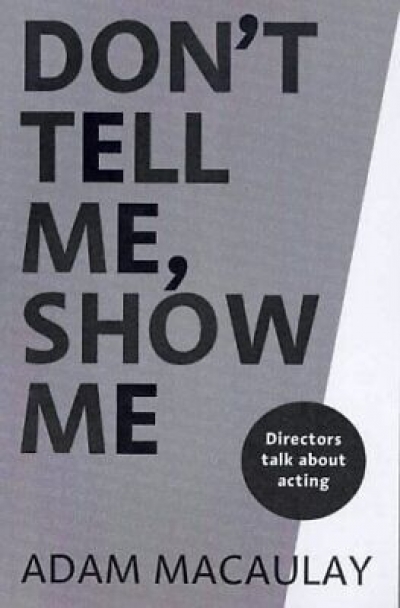Accessibility Tools
- Content scaling 100%
- Font size 100%
- Line height 100%
- Letter spacing 100%
Archive
One of the phrases used by the Swedish Academy to describe J.M. Coetzee, winner of this year’s Nobel Prize in Literature, is ‘scrupulous doubter’. In his novels, memoirs, essays, lectures and academic criticism, Coetzee conveys the uncertainty and complexity of lived experience with extraordinary precision and, sometimes, with a clarity that is almost unbearable. Coetzee’s work is triumphant confirmation of the allegiance owed by literature to nothing except the truth of the human condition. His art succeeds despite, or rather because of, the fact that it is so alive to all the problems of form and content standing in its way. His prose communicates difficulty, dissonance and doubt without itself being any of these things.
In his Letters to a Young Novelist, Mario Vargas Llosa writes that ‘the defining characteristic of the literary vocation may be that those who possess it experience the exercise of their craft as its own best reward, much superior to anything they might gain from the fruits of their labours’. Coetzee himself has written that the ‘feel of writing fiction is one of freedom, of irresponsibility, or better, of responsibility toward something that has not emerged, that lies somewhere down the end of the road’.
... (read more)The other day, in a stairwell within the National Library of Australia, I opened a door, expecting it to lead to a corridor and a suite of offices. Instead, I found myself inside a dimly lit room filled with rows of book-laden shelves. As I looked for the exit, I saw a man removing a book from the bottom shelf. Another man walked past me carrying books and said hello. It was like a scene from Being John Malkovich, surreal and delightful, and it characterises my last few months at the National Library, where I have been curating a two-part exhibition, In a New Light: Australian Photography 1850s–2000 (the first part, which deals with the processes of colonisation, opened on 9 October 2003 and will close on 26 January 2004, and the second, focusing on modern life, will open next August).
... (read more)About a decade ago, I picked up a book because I liked the cover: bleak street, stark buildings, empty sky, a robed man, his back turned, in the distance; in the foreground, a woman in a burka looking to the left at something we can’t see. When the blurb promised me ‘a Middle Eastern Turn of the Screw, with an insidious power to grip’, I bought it. It gripped. In fact, it scared the living bejesus out of me. That was my introduction to Hilary Mantel’s writings. Since then, I have read nearly everything she has published.
Eight Months on Ghazzah Street (1988) is about a sensible young couple who, after years of humanitarian work in Africa, decide to go to Saudi Arabia to repair their fortunes. The husband will work on a seductively extravagant building project; the wife will read, write and relax in their pleasant, if mildly claustrophobic, apartment. Then small things begin to go wrong.
... (read more)






